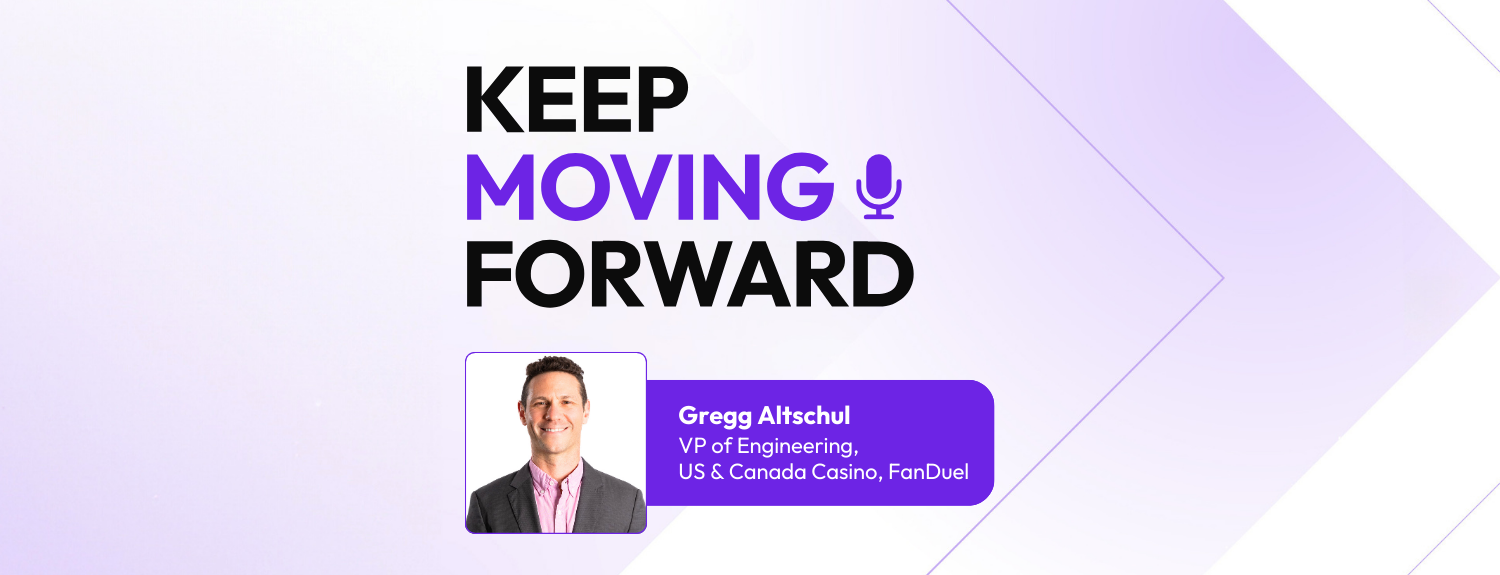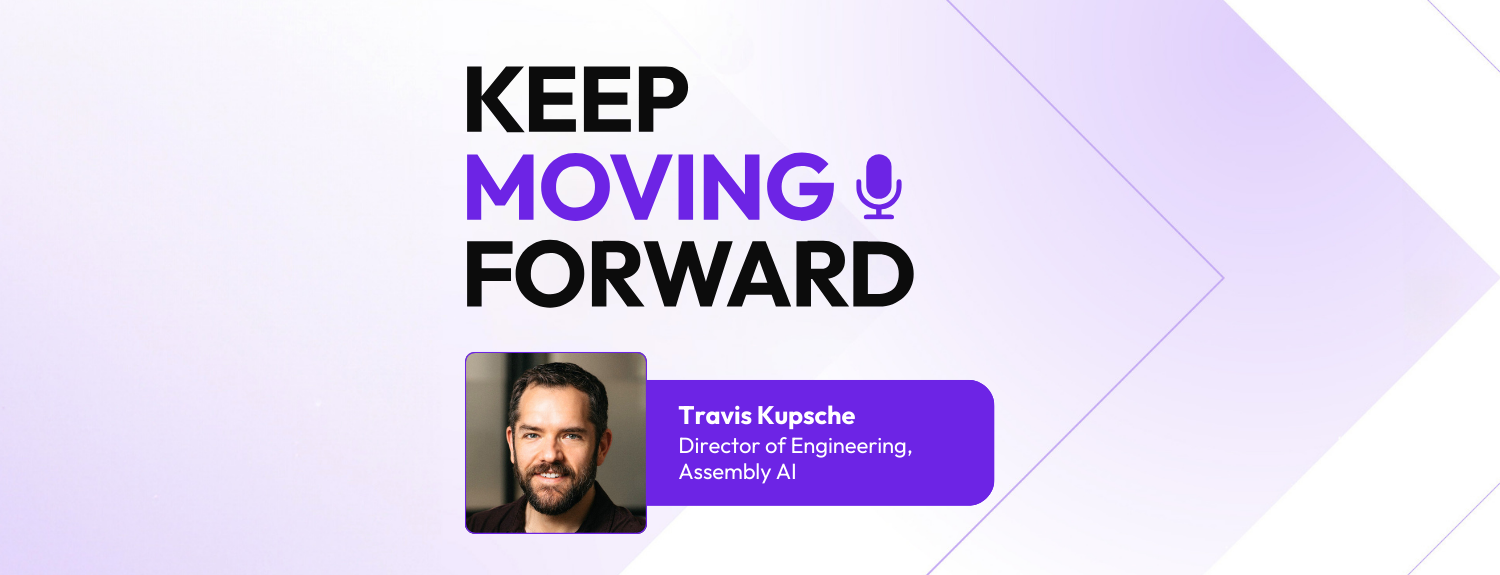
Here's an emotion you probably didn't expect starting your first remote job: Guilt. Don't worry, it's common. As a new remote worker, you want to prove to both yourself and your employer that you are productive and reliable working outside the office.
Taking a break seems to conflict with that desire. It will make you feel guilty, as if you're taking advantage of working remotely, and you'll be inclined to work with few to no breaks.
That's a mistake. You'll burn out sooner rather than later. Taking a break at work is crucial, for reasons we outline below. But let's first define the point of a work break:
You take a break not to stop what you're doing. You take a break to rest, to recharge. A successful break is one where you return to your work with renewed energy and focus. Nothing more, nothing less.
The Benefits of Taking a Break
You'll be more creative when you take regular breaks. The brain has two modi operandi: focused and diffused. It needs both to operate at its best. A good work break switches your brain from the focused to diffused mode. It's in the latter mode that the aha or eureka moments of great creativity happen.
You'll make better decisions. An infamous 2011 study suggested that judges made gradually fewer favorable rulings the further they were from a food break, from around 65% favorable right after a break to almost 0% favorable right before a break. Once they had taken a break, the number jumped back up to 65%.
You'll be more focused. Another 2011 study suggested that taking a brief mental break improves the quality of your work. This is a particularly important finding for programmers, who can be reluctant to break up their work because they believe they may struggle to find their focus again.
You'll have better physical health. Prolonged sitting is terribly bad for your health, as is looking at a screen for too long. A good work break will result in less time spent sitting and fewer physical ailments further down the path of your career.
You'll have better mental health. The health benefits of a vacation are well-known, but breaks of any kind are good for your mental health. This 2016 study showed that micro-breaks during work improved how good workers felt at the end of their workday.
When to Take a Break
There's no one best time to take a break. It will depend on your job, your personality, and many other factors. But a good heuristic to follow is to take a break when you start feeling unfocused and distracted. When you're in a flow, it's probably safe to keep going until you're out of it.
Some people like setting a Pomodoro timer that reminds them to take a break every twenty-five minutes, while others take a break every ninety minutes to follow the body's natural ultradian rhythm. What's important is that you shouldn't go a whole workday without taking at least one morning, lunch, and afternoon break.
What to Do During a Break
Not all breaks are created equal. As said previously, a successful break is one that recharges you. While this will look different from person to person, it shouldn't involve social media, which increases stress instead of lowering it. But it could include any of the following:
Light Physical Exercise
At the very least, stand up and walk around. Go for a walk outside, around the block or in the park. Walk up or down the stairs, do some yoga poses, or incorporate a few stretches into your break. The below video has a six-minute stretching routine anyone can do during their work break:
Socialize
If you're working in a coffee shop, chat to the barista during your break. If you're in a co-working space, make new friends. If you're working from home, speak to your partner if they're working from home too. If you have a pet or a baby, spend a few minutes playing with them. Socializing will stave off some of the loneliness you may feel as a remote worker.
Eat or Drink
Please don't have lunch at your desk. Change the scenery and eat somewhere else. Ideally, go for a walk after lunch to reduce that post-lunch slump. You could also just drink some water or eat a healthy snack (nuts, fruits, a protein bar). Anything healthy that gets you out of your chair is worth taking a break for.
Organize
A break is a good time to clean up your desk. Take the empty coffee mugs to the kitchen and throw the empty wrappers away. You can organize your tasks too. Think about what you've just done and what you want to do the rest of the day. Maybe do a few quick house chores that have been sitting in the back of your mind.
Other Ideas
- Take a nap (ten to twenty minutes)
- Look outside and daydream
- Read some fiction
- Listen to music
- Meditate
To Conclude
You should take breaks at work. Move around, socialize, eat something light, organize your desk, or do anything that will recharge you, and you'll be a much happier, healthier, and more productive remote worker.
TABLE OF CONTENTS
.jpg)


